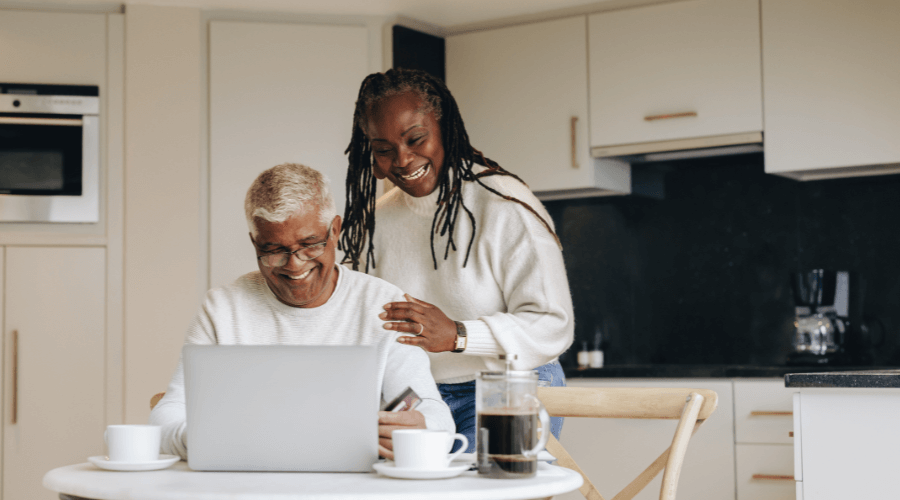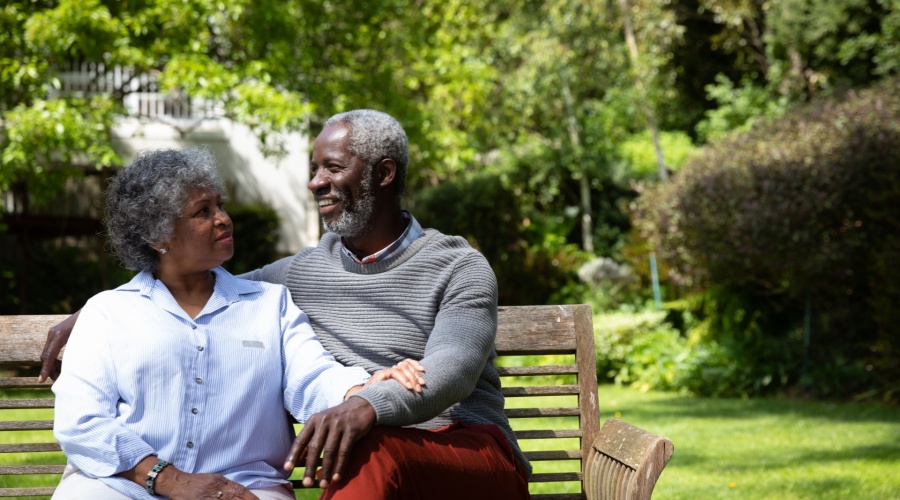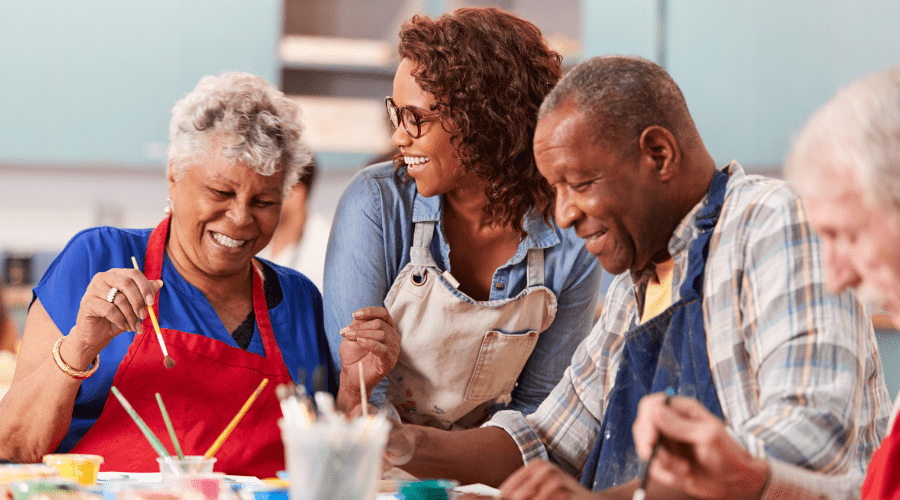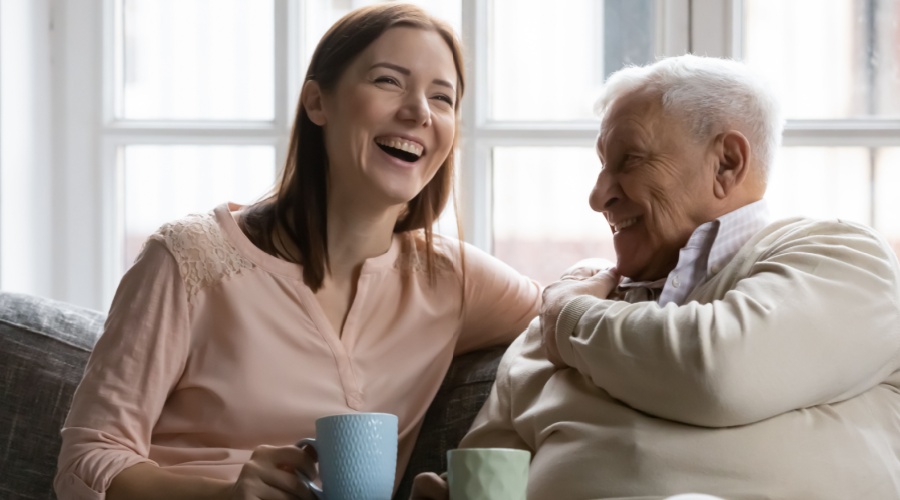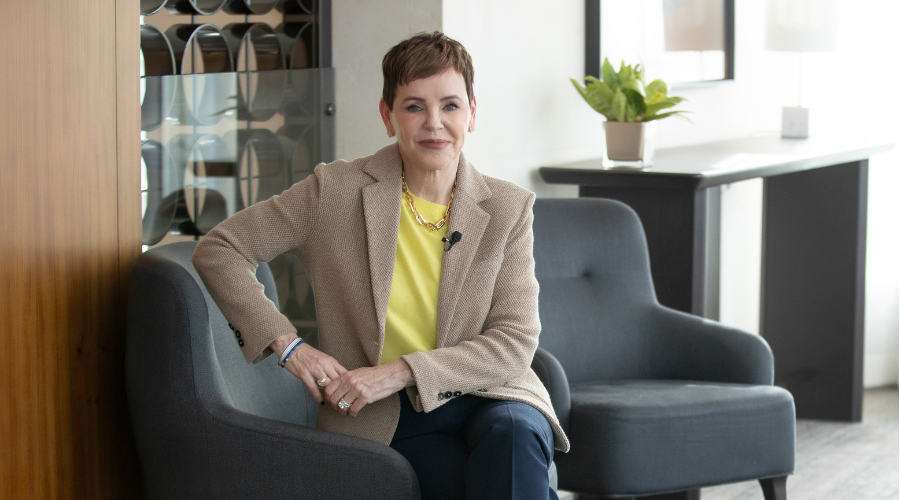The reboot of Roseanne and the Conner family in rust belt, working class America is a resounding success. More than 25-million tuned in for the first episode. Mostly it speaks to the staying power of television –network TV– in this case, and to the many who recall the good old days, when Roseanne Barr’s first incarnation was as a struggling middle class mother intent on managing her unruly family between 1988 and 1997, before the heavy effects of globalization kicked in.
Now the kids are struggling adults. Daughter Darlene, an out-of-work- and-luck single mom with her two unruly kids, has moved back in with Roseanne and Dan, who are unequipped to handle the downturn of fortunes in middle America for themselves or their children.
In an interview Roseanne told Forbes, “It’s working-class people and the things they go through. They’re trying to stay above water. I wanted to bring those subjects to television,” says Barr, who doesn’t think nuts-and-bolts issues get enough attention. “They don’t have too much real stuff on TV. That’s good for me.”
For one thing, most characters on television are young and pretty. Roseanne and Dan are getting old; they’re overweight, fighting illness and not so pretty. Roseanne drives for Uber although her knee is killing her and during one episode a chair lift up the stairs is installed for her. I’m surprised that most critics haven’t mentioned the Conners’ age since it’s pivotal to the reboot. Or the resilience of their solid marriage, which is filled with love, mutual caring, and respect for their differing points of view.
The family hasn’t absorbed their losses from the Great Recession of 2008, or the shutting down of the Midwest’s factories that kept the Conners afloat. Nobody has a decent job, nobody has accumulated savings, the house is a mess with no money for repairs and Roseanne and her sister Jackie are sparring about the 2016 election. Roseanne, in this incarnation, supports Trump while Jackie can’t get over Hillary’s loss, even though she ended up voting for Jill Stein.
It’s Roseanne’s infatuation with Trump that has the chattering classes, including most television critics, launching into fits of despair about what has happened to Roseanne Barr since the old show went off the air.
Roseanne addresses the reasons why many voters, in historically Democratic states, such as Michigan, Pennsylvania and Wisconsin, abandoned the Democratic Party. The nostalgic idea that sticking together as a family will help get you out of financial trouble is not holding true, and no matter how much “the charismatic bully” Roseanne tries to keep her brood on solid ground, she’s faced with not only economic hardship, but a gaggle of politically correct social trends that both intimidate her and negate her core values.
But, and it’s a big but…it’s easy to judge people. Easier to write and talk about how they’ve deserted their democratic values or to paint all Trump voters as misinformed and intolerant, unable to comprehend their own best interests. Yet what strikes me about Roseanne is how few choices the Conner family has, and how impossibly difficult it is for them to survive in the same way they did in the original episodes thirty years ago. That Roseanne gets mean or silly doesn’t surprise me.
Roseanne and Dan can’t afford the drugs they require to help them through their senior years. Health care costs are their primary concern. Although the situation in Canada is better, there are many needs that aren’t covered by government insurance. That puts a strain on retirees’ already tight budgets.
Becky, the eldest daughter intends to rent out her uterus as a surrogate mother to a rich white lady who’ll pay her $50,000 for her troubles.
Roseanne is dead against the scheme. Becky, who works in a Mexican food joint, is 43-years old and in need of a home where she can keep a pet for company. Mother and daughter engage in a brutal verbal joust that mothers of daughters will understand in the pit of their stomachs. So much for arguing that Roseanne doesn’t get the lives of decent, working families who find themselves unable to help out their offspring or keep them from making mistakes. Roseanne can’t save Becky or Darlene or her grandchildren.
All three of her kids are single and as statistics show, singles are among the most economically vulnerable group in America. She can only argue, criticize and use irony, a gift that Barr employs with perfect comedic timing.
The issue is age with Roseanne. She’s still hot-tempered, opinionated and argumentative, but in certain ways, she’s stoic, more aware of the hardships she’ll endure as a senior in America, and the worsening ones her children will face. In Roseanne, the American dream is perilously close to dying. Finding ways to keep her family healthy and together are more challenging than they’ve ever been.
I wouldn’t be surprised if in the second set of releases of the reboot, Roseanne confronts the unreliability of contemporary politics. Will she be faced with events that show how her 2016 presidential vote didn’t turn out as expected? I’d be willing to bet that she will.






